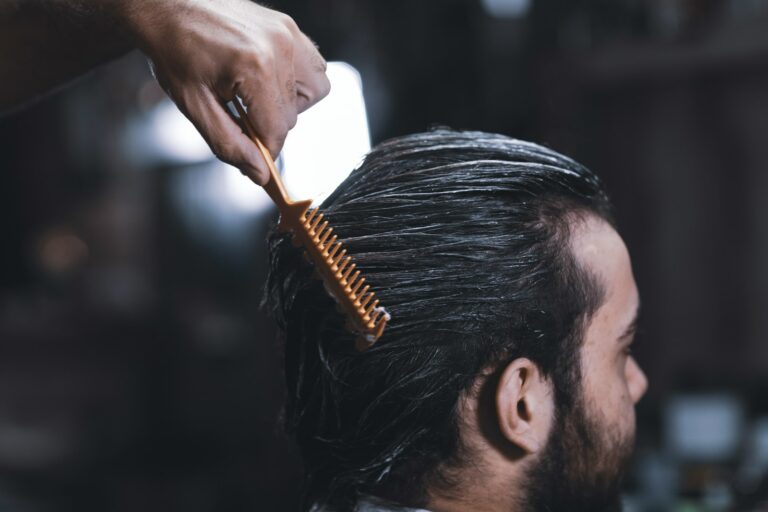Explore More
Lifestyle Choices Influencing Biological Ageing
With a rapidly growing ageing population globally, there is an increasing need to focus not just on disease prevention, but on strategies that address the very mechanisms of ageing itself. What are the lifestyle choices influencing biological ageing?

With the global ageing population steadily increasing, it is becoming crucial to focus on strategies that address the mechanisms of ageing rather than just treating age-related diseases.
Biological ageing refers to the gradual decline in physiological function that occurs with age, leading to increased vulnerability to various diseases. The geroscience hypothesis suggests that delaying the ageing process can also postpone the onset of related health issues. This shift in perspective advocates for the promotion of healthier aging, emphasizing overall wellness.
Recent research by Takuji Kawamura, Radak Zsolt, Mitsuru Higuchi and Kumpei Tanisawa from Waseda University and the Hungarian University of Sports Science reveals a direct correlation between cardiorespiratory fitness (CRF) and molecular markers of ageing. Enhanced CRF through regular physical activity has been linked to better metabolic health and cardiovascular function, offering resilience against age-related diseases. The establishment of fitness reference values could serve as a practical tool for promoting healthy aging and improving life quality in older adults.
Lifestyle choices, including diet and exercise, play a significant role in influencing biological ageing. The findings from the “WASEDA’s Health Study” emphasize that active lifestyle decisions impact measurable molecular biomarkers associated with aging. The study suggests that higher levels of physical fitness correlate with more favorable aging markers, highlighting the potential of lifestyle interventions to mitigate biological aging.
How Lifestyle Choices Impact Biological Ageing
Lifestyle choices, including diet, exercise, and overall wellness practices, significantly influence biological aging. The findings from the “WASEDA’s Health Study” emphasize that active lifestyle choices profoundly impact measurable molecular biomarkers related to aging. The editorial reinforces the concept that making informed lifestyle choices can foster a healthier biological profile, thus potentially extending healthspan—the period of life spent in good health—as opposed to merely increasing lifespan.
The researchers reported strong associations between CRF, lifestyle factors, and changes in the DNA methylation aging clocks among older men. Their study indicates that higher levels of physical fitness can lead to more favourable aging markers, supporting the notion that integrative lifestyle interventions could effectively counteract some aspects of biological aging.
As research into biological ageing progresses, it is essential to examine the connections between fitness levels, lifestyle factors and ageing biomarkers. More and more studies explore how lifestyle modifications can lead to improved health outcomes and healthier ageing trajectories.
Our choices surrounding physical fitness and lifestyle profoundly affect biological ageing. Embracing an active lifestyle may not only promote health but could also transform how we approach ageing. As researchers continue to uncover insights into these relationships, fostering a culture of fitness may become one of the most effective strategies for enhancing health in our ageing populations.
Do you want to share your professional opinion and inspire our readers ? YOUR EXPERTISE could be paving the way for a fairer society and progress.



